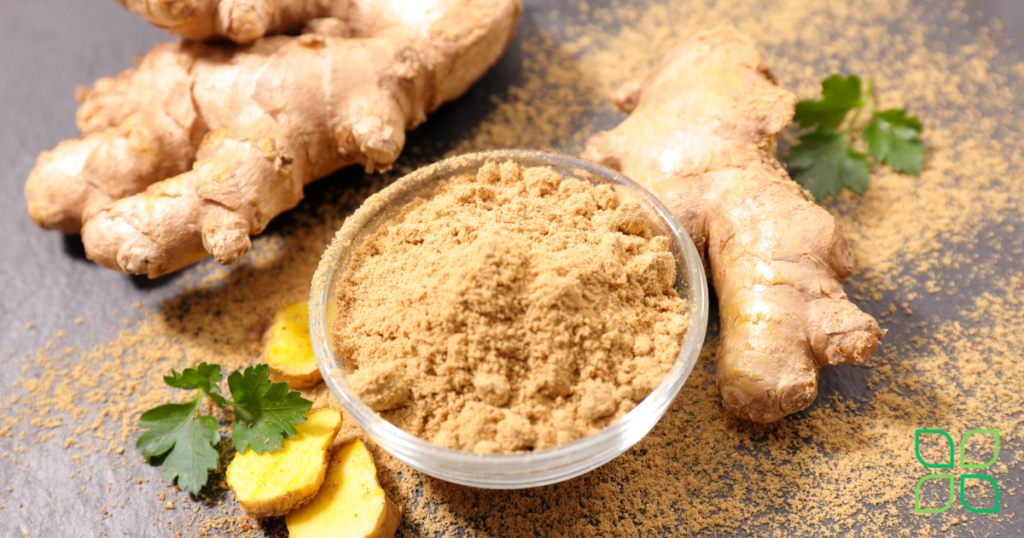Herbs That Can Help with Tendonitis: Natural Remedies for Pain Relief
Tendonitis, a common condition that affects athletes, manual laborers, and even those who overuse a particular part of their body, can be quite painful and debilitating. The condition occurs when tendons, the thick cords that attach muscle to bone, become inflamed. While conventional treatments can be effective, many people are turning to natural remedies for relief. In this article, we will explore various herbs that can help alleviate the symptoms of tendonitis, offering a natural approach to pain management.

Understanding Tendonitis
Before delving into herbal remedies, it is important to understand what tendonitis is and how it affects the body. Tendonitis is characterized by inflammation, swelling, and pain in the tendons, often resulting from repetitive motion or sudden injury. Common areas affected include the elbow, shoulder, wrist, knee, and heel. According to the National Institute of Arthritis and Musculoskeletal and Skin Diseases, tendonitis affects millions of people globally, making it a prevalent issue that necessitates effective management strategies.
Herbal Remedies for Tendonitis
While over-the-counter medications and physical therapy are often recommended for tendonitis, herbs can provide an alternative or complementary solution. Below are some herbs known for their anti-inflammatory and pain-relieving properties.
Turmeric
Turmeric, commonly known for its vibrant yellow color and culinary uses, is also a powerful anti-inflammatory herb. The active compound in turmeric, curcumin, has been shown to reduce inflammation and pain associated with tendonitis. A study published in the Journal of Medicinal Food demonstrated that curcumin supplementation significantly reduced pain and inflammation in patients with chronic conditions.
Ginger
Ginger is another potent herb with anti-inflammatory benefits. It contains compounds like gingerol and zingerone, which help reduce inflammation and pain. Incorporating ginger into your diet, whether through fresh ginger tea or supplements, can aid in alleviating tendonitis symptoms.

Willow Bark
Willow bark has been used for centuries as a natural pain reliever. It contains salicin, a precursor to aspirin, which provides analgesic and anti-inflammatory effects. A study in the Journal of Pain Research highlighted its effectiveness in reducing musculoskeletal pain, making it a viable option for tendonitis relief.
How to Use Herbs for Tendonitis
Incorporating herbs into your routine can be done in various ways. Here are some practical tips to make the most out of these natural remedies:
Herbal Teas
Herbal teas are an easy and soothing way to consume anti-inflammatory herbs. Steep fresh or dried turmeric, ginger, or willow bark in hot water, and enjoy a cup daily to help manage pain and inflammation.
Topical Applications
Creating herbal poultices or using essential oils topically can provide direct relief to affected areas. Mixing turmeric or ginger powder with a carrier oil to form a paste and applying it to the inflamed tendons can reduce pain and swelling.
Dietary Supplements
For those who prefer a more convenient option, dietary supplements containing concentrated forms of these herbs are available. Consult with a healthcare provider to determine the appropriate dosage for your specific needs.

Precautions and Considerations
While herbs can be beneficial, it is crucial to use them responsibly. Here are some considerations to keep in mind:
Consult with a Healthcare Professional
Before starting any herbal regimen, especially if you are taking other medications or have pre-existing health conditions, consult with a healthcare professional to avoid potential interactions or side effects.
Monitor for Allergic Reactions
Some individuals may be allergic to certain herbs. Conduct a patch test before topical application and start with small doses when consuming new herbal supplements.
Conclusion

Herbs offer a promising avenue for managing tendonitis symptoms naturally. Incorporating turmeric, ginger, willow bark, and other anti-inflammatory herbs into your routine can provide relief from pain and inflammation. However, it is essential to approach herbal remedies with caution, consulting healthcare professionals when necessary. By combining these natural solutions with conventional treatments, individuals suffering from tendonitis can enhance their quality of life and experience reduced discomfort.
